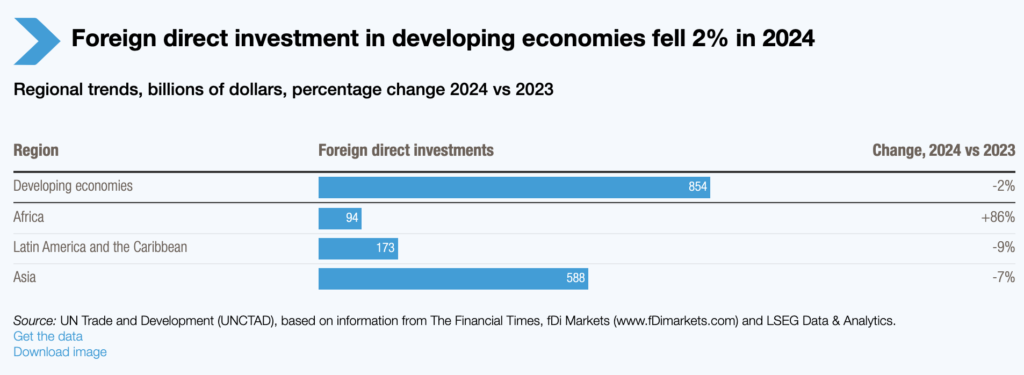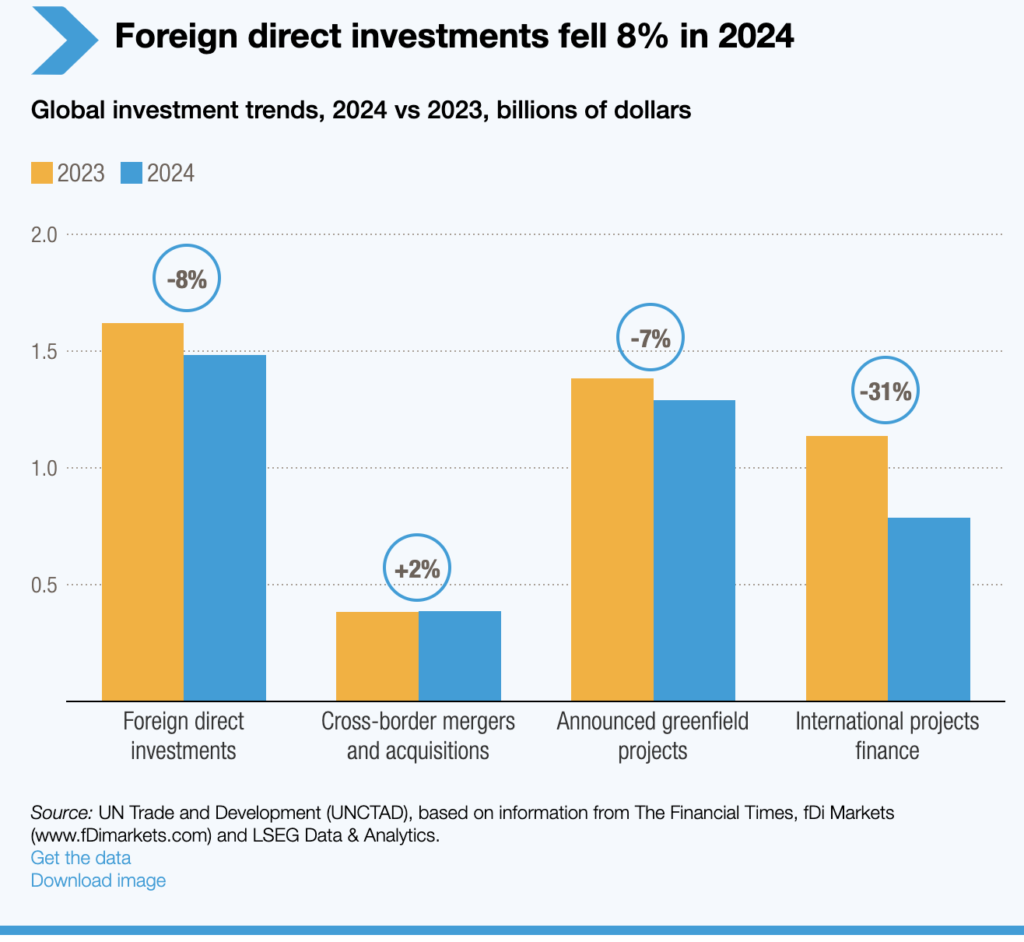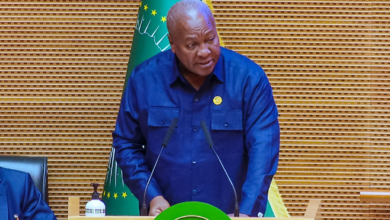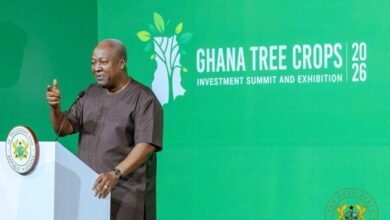
According to the latest report from the United Nations Conference on Trade and Development (UNCTAD), FDI in developing economies fell by 2% in 2024, continuing a downward trend that began in 2023.

Asia, which traditionally attracts most FDI to developing economies, recorded a 7% decline, particularly in China, where flows dropped by 29%. In Latin America and the Caribbean, investments fell by 9%, particularly affecting Brazil.
In contrast, Africa experienced a spectacular 86% increase in FDI, reaching $94 billion. This growth is largely attributed to a major project in Egypt. However, even excluding this project, FDI into the continent grew by 23%, reaching $50 billion.
Declining investments in strategic sectors

Despite this improvement in Africa, the report warns of a worrying trend: international project financing fell by 31% in 2024, jeopardizing the Sustainable Development Goals (SDGs). The number of new projects announced decreased by 200 in Africa and 150 in Asia.
Key sectors such as infrastructure, water and sanitation, and agri-food systems were particularly affected. This decline in financing weighs on the prospects for inclusive growth and sustainable development in Global South economies.
The need for African countries to adopt more diversified strategies to attract and stabilize FDI flows
Forecasts for 2025 indicate moderate FDI growth, supported by improved financial conditions and a resurgence in mergers and acquisitions. However, the persistent weakness of greenfield investments highlights the need for African countries to adopt more diversified strategies to attract and stabilize FDI flows. « Geopolitical tensions and economic instability pose significant challenges for both developed and developing economies, » the report concludes.
In a global context marked by geopolitical tensions and economic uncertainties, Africa’s ability to attract and sustain long-term investments will be essential to ensuring sustainable and inclusive growth.
Consult the report






